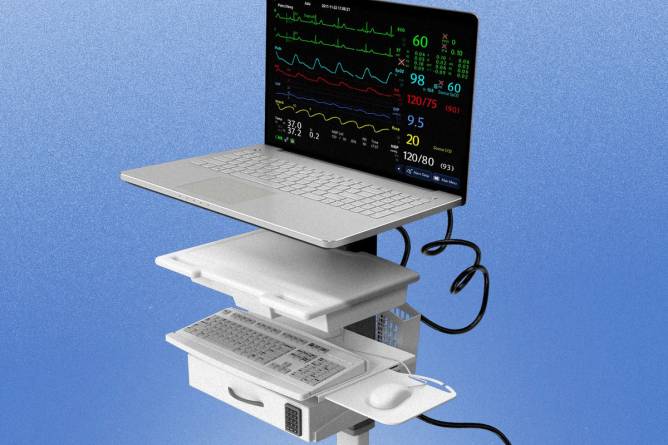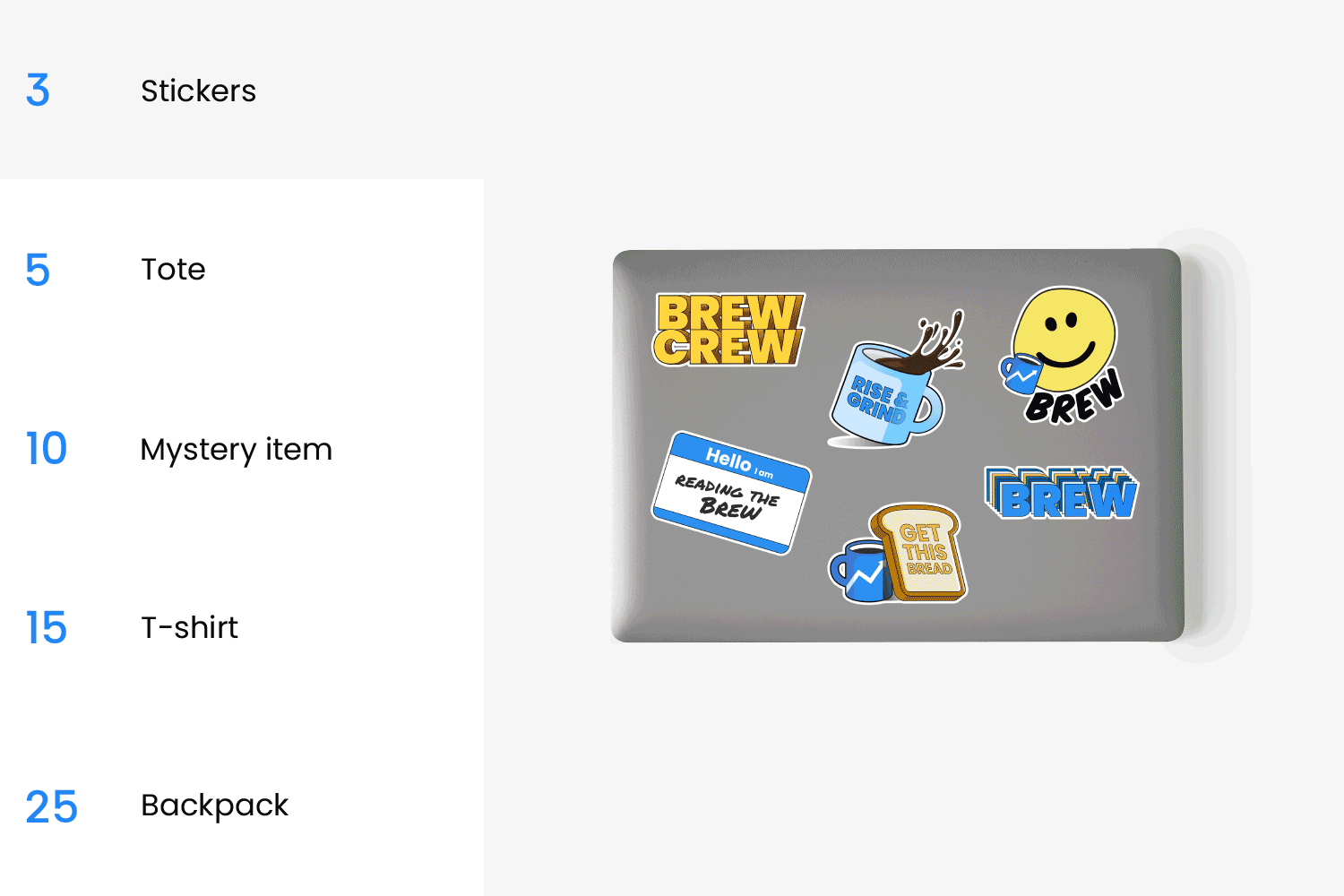|
Medication prices are often cited as the main reason healthcare is so expensive, with an August study predicting that costs will rise another 3.8% within the next year.
If you zoom in on in vitro fertilization (IVF) medications, the numbers are even worse. In fact, a new report from drug discount company GoodRx has found that drug prices overall have risen 37% and the cost of IVF meds has jumped 84% in the last 10 years.
In 2014, the average cost for IVF medications was $696.85. Today, the average cost is $1,279.20, Tori Marsh, director of research at GoodRx, told Healthcare Brew.
“A lot of these medications are not covered by insurance,” Marsh told Healthcare Brew. “What that means is [IVF patients are] going to be exposed to these really high list prices, and so that’s why we wanted to zoom in on IVF. We wanted to see how much prices were climbing, really, as a proxy, to understand how impacted those who are going through this process are in terms of affordability.”
Keep reading here.—CM
|









